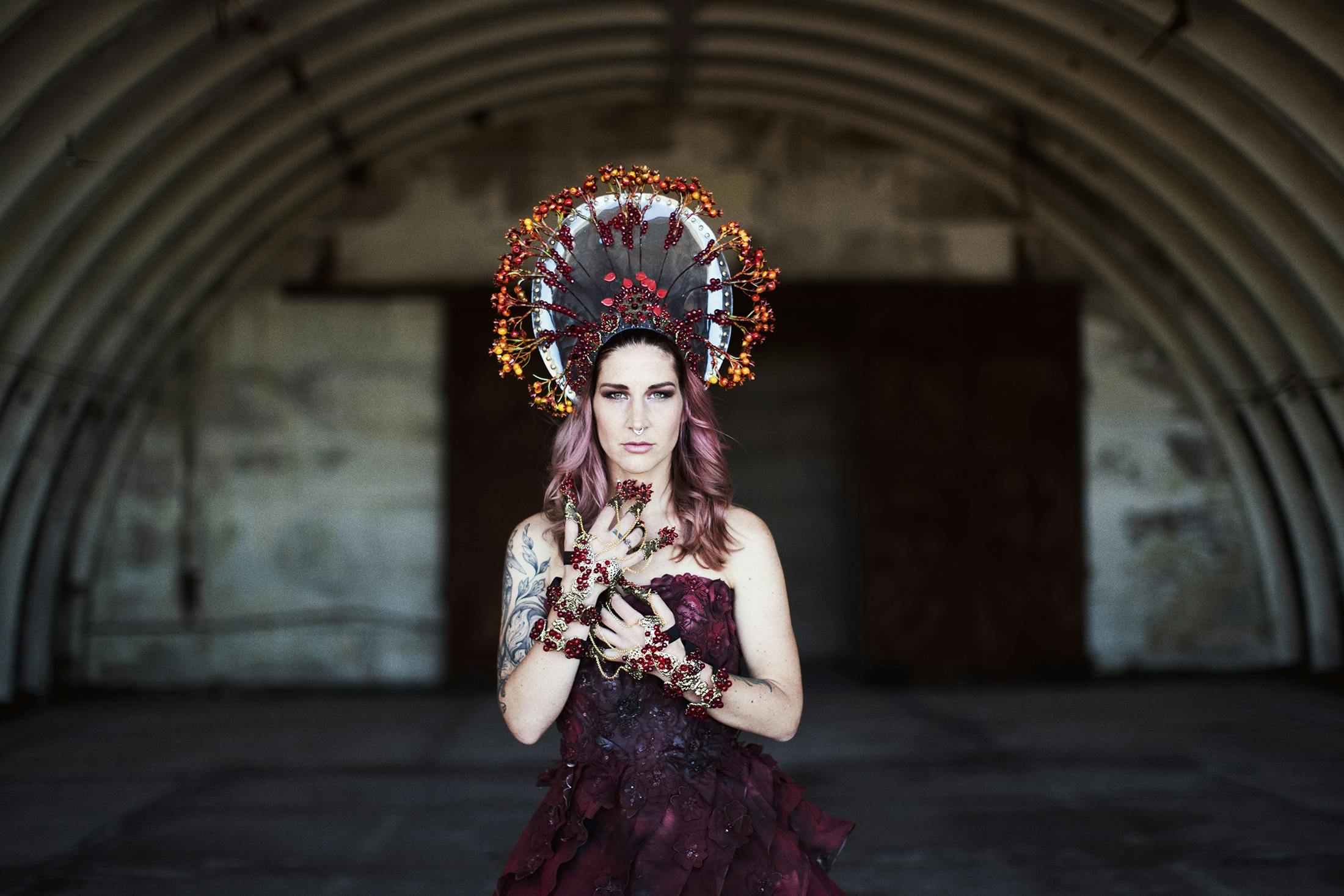Now, none of this hasn’t been said before, but just in case you are wondering what this ‘gender trap’ exactly is, allow me to elaborate a little bit.
The gendered talk can be subtle (but honestly mostly it’s not). An overfocus of family life (“what if you ever want babies?”, “who watches the kids while you’re on tour?”), qualifying women by their association with or relation to men (remember how long Beyonce was considered a part of Jay Z’s empire?), a disproportionate focus on the way an artist looks, describing her as a girl even though she is an adult woman, or writing in gendered language. I remember one of our first reviews describing Martijn and myself as ‘the maestro mastermind composer and the charming fiery tressed songstress.' And honestly they’re not overselling Martijn but surely I deserve more credits then the colour of my hair, which wasn’t even my natural colour. It continues with stereotypes like equating emotion with weakness, suggesting ‘cat fights’ where there are none (the patriarchy loves nothing more then women taking each other down. Don’t buy into it.) and flat-out miscrediting achievements. In the end, most of it seems to come from a failure to see women as something more than a member of their gender, instead of as a member of, in this case, a group of musicians. Being asked time and time again what it’s like to be a women in the music industry, or a girl in the metal scene’s man’s world, feels like we have to defend our place in the industry. And the thing is, it could all be so easily avoided. It doesn’t seem so revolutionary right? To not be considered a “woman in music” but a “musician in music”.
So, next time you’re talking to a woman in music:
Instead of “How much time does it take you to do your make-up?”
Try “How much time does it take you to write a song?”
Instead of “Can you wear underwear in that outfit?”
Try “Can you tell me what inspires you as an artist?”
Instead of “Will you have children and how will you still tour?”
Try “Who would be your dream artist to tour with?”
Instead of “If you could change one thing about your body, what would it be?”
Try “If you could change one thing about the music industry, what would it be?”
Instead of “You’re one of the best female guitarists I’ve ever seen…”
Try “You’re one of the best guitarists I’ve ever seen…” and on that note, including womxn (and not just white womxn) on your “Best Guitarists of 2019” lists is so much cooler than having a “best female..” list.
Instead of “What’s it like being a woman in music?”
Try “What’s it like working on your new album?”
Or “What’s an important issue you support?”
Or “What is something you’ve learned over the years that made you better as an artist?”
If all of this sounds complicated, just ask yourself if whatever you’re asking would sound weird if you reversed the gender of the subject. If it sounds funny, you’re doing it wrong. When was the last time you heard someone ask, “What is it like being a man in a metal band?” or “Do you ever think you will become a father and, if you do, how will you manage being a father and touring?”
I wish you all a happy International Women’s Day. I hope the year to come will be better than the year behind us. I hope you happy and thriving and I hope you listen to music that you love. Maybe I will see you at one of Delain’s shows in 2019. For now, keep rocking!
p.s. Gender is performative
